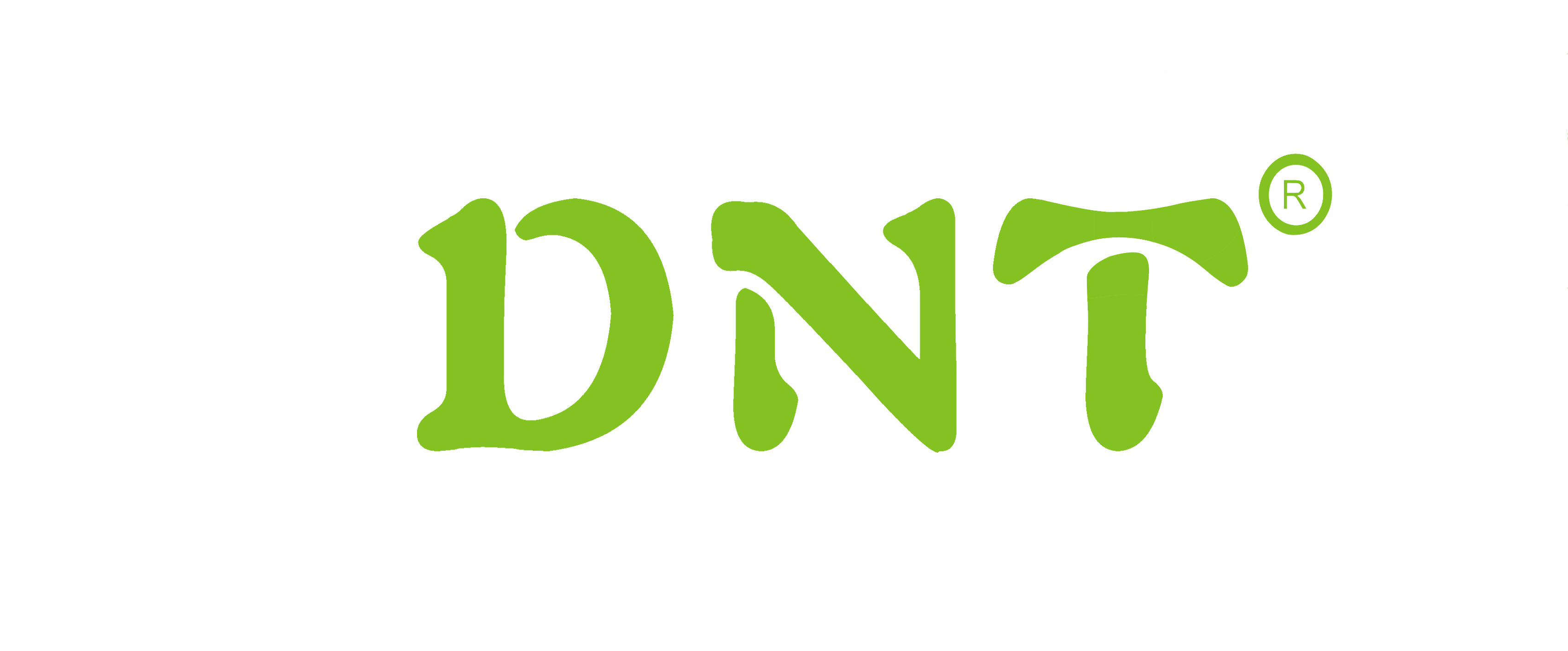What tools does an automotive mechanic use?
Auto Mechanic Tools List for Beginners
Must-Have Auto Mechanic Tools
Air Compressor
Air compressors can fill up tires and run power tools in your garage. Air compressors come in both large industrial models and small, compact, and portable designs. These devices run pneumatic tools, including impact wrenches.
Car Jacks and Car Stands
Sometimes, you need to lift a vehicle off the ground to diagnose problems or make repairs. Car jacks lift a car, but you cannot depend on them to keep you safe while working. Stands provide additional help in keeping a vehicle off the ground so that you do not need to rely solely on a car jack.
Flashlight
You need a good light source to diagnose problems and make repairs correctly. Many mechanics prefer small flashlights, such as penlights, that they can keep in their pockets. These tools allow mechanics to quickly inspect areas underneath hoods and cars. Penlights are lightweight and usually offer long battery life.
Funnels
Funnels help mechanics top off fluids during vehicle maintenance. Funnels ensure that oil, transmission fluid, and windshield cleaner find their way to the proper reservoir. Some funnels may include a hose you can use to better reach small or obstructed openings.
Hammers
Auto mechanics' hammers include ball-pein, cross-pein, and straight-pein versions. These tools can shape metal and aid in part removal and installation. Take care in how hard you strike your target. Most mechanics use hammers for precision work, not brute force.
Jumper Cables
An essential for any roadside safety kit, jumper cables can connect one car battery to another, helping boost its power to start a motor. Look for cables that can handle six-volt, 12-volt, and 24-volt batteries.
Multimeter
Many vehicle systems rely on electronics. A multimeter, or volt-ohm meter, measures electrical voltage and amperage. This handheld tool helps diagnose issues with wiring systems, power supply, and circuits.
Oil Drain Pan
Oil changes are one of the most common tasks for auto mechanics. An oil drain pan collects used oil from the engine. Keep in mind that you must follow local rules for disposing of used oil. Make sure the pan meets the capacity of the engine. Engines may require as much as an eight-quart pan.
Pliers
Mechanics use different types of pliers for various tasks. Needle-nose pliers, duckbill jaw pliers, and wire strippers perform essential functions. Some jobs require specially designed pliers, such as piston ring installers and brake spring pliers. Check with your instructor to determine which pliers you need for your studies.
Prey Bar
These steel bars serve a variety of functions in an auto mechanic shop. They lift, provide leverage, remove nails, and help line up holes. You may hear a pry bar called by other names, including crowbar, pinch bar, and "jimmy."
Ratchets
Ratchet wrenches connect to a socket, making loosening and tightening bolts easier and faster. The socket completely covers the connector. Socket extensions can help mechanics reach nuts and bolts they could not get to with a conventional wrench. Consider purchasing a set in both U.S. and metric sizes.
Screwdrivers
Find a set of Phillips and flathead screwdrivers with different size tips. Some screwdrivers boast magnetic heads that can help you maintain contact with screws. This feature can come in handy when working with screws in locations that are hard to reach.
Tire Gauge
Driving on overinflated or underinflated tires can result in damage to the tire or vehicle. A tire gauge checks the air pressure in tires. Choose from stick-type gauges (about the size of a pen), dial gauges, or digital gauges.
Vise Grips
These locking pliers provide adjustable pressure for holding parts together and clamping off hoses during automotive repairs. They usually have a quick release feature for when the work is complete. Like pliers, these tools come in a variety of styles.
Wrenches
Mechanics use wrenches to turn nuts and bolts, either tightening them to secure a part or loosening these connectors to remove a part. Early-career mechanics need a quality set of hand wrenches in both U.S. and metric measurements.








